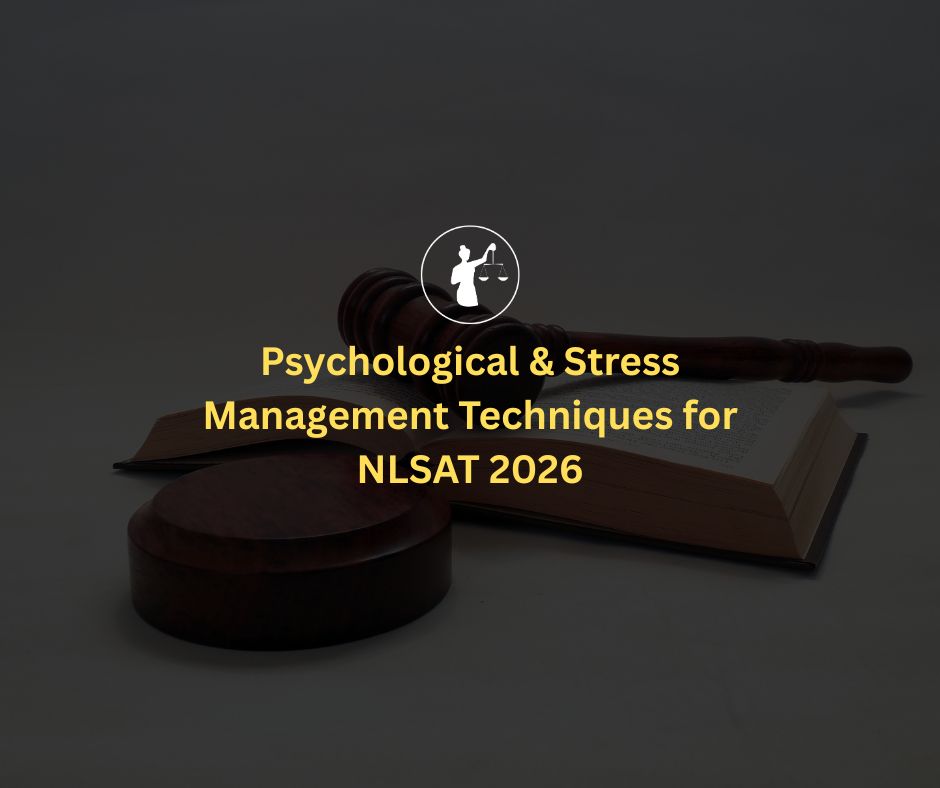For the 70,000+ students who took CLAT 2025 on December 1, 2024, the exam was a crucial challenge for around 3,000 National Law University (NLU) seats. But the real stress came months later, when a revised result in April 2025, triggered by errors in two Logical Reasoning questions, led to significant score changes, causing ranks to fluctuate for many candidates.
The uncertainty was overwhelming, as students anxiously recalculated their chances of getting into an NLU. This wasn’t the first time the Consortium of NLUs had faced issues and errors in 2020 (three questions dropped), 2023 (disputed answer key), and 2024 (minor adjustments), which also created confusion.
CLAT 2025’s 120 multiple-choice questions spanned English Language, Current Affairs & General Knowledge, Legal Reasoning, Logical Reasoning, and Quantitative Techniques. Rated easy to moderate, it set high cutoffs (100–105 for top NLUs). The errors, notably in a Logical Reasoning seating arrangement set, highlight the Consortium’s struggle with question accuracy, a recurring issue since 2020. This suggests 2026 will see tighter question design.
Errors flagged by students led to the Consortium revising the answer key after Court intervention. Here's a breakdown of the major corrections:
Maximum possible marks increase: +4.25 marks, depending on attempts and paper set.
For many candidates, even a 1-mark change resulted in hundreds of ranks gained or lost, especially critical between ranks 1000–4000, where competition is fiercest.
CLAT 2025’s difficulty, shaped by the re-result, varied by section:
English Language (24 questions): Short passages on education and culture tested quick comprehension. Strong score: 20–21.
Current Affairs & GK (28 questions): Direct questions on the 2024 Olympics and Article 370 needed sharp recall. Good score: 20–22.
Legal Reasoning (32 questions): Moderate passages on privacy laws and environmental regulations emphasized applying principles. Solid score: 24–26.
Logical Reasoning (24 questions): Easy overall, but a flawed seating arrangement set triggered re-result chaos. Good score: 16–18.
Quantitative Techniques (12 questions): Time-heavy arithmetic on ratios and percentages. Good score: 8–9.
The re-result showed one bad set can cost marks, with cutoffs at 100–105 for NLUs like NLSIU Bengaluru.
After CLAT 2025’s re-result, it’s clear that CLAT 2026 will demand greater precision and adaptability. The Consortium will likely tighten question design, especially in Logical and Legal Reasoning.
With rising competition and higher cutoffs, expect more analytical questions that test critical thinking. Monthly revisions and practice will be key to staying ahead. While it may be tougher, with the right approach, it’s still manageable. Focus on sharpening your reasoning skills and staying updated.
Stricter Quality Control: After 2025’s errors, the Consortium will likely refine Logical Reasoning sets and Legal Reasoning hypotheticals to avoid disputes, raising complexity.
Increased Competition: A 24.5% application surge, with 34.7% more UG candidates, will push cutoffs higher.
Analytical Focus: 2025’s passage-based questions signal deeper reasoning demands, especially in Legal Reasoning.
Why It Might Stay Manageable
Stable Format: The 120-question, two-hour structure has held since 2024.
Balanced Approach: Easier 2024 and 2025 papers suggest accessibility remains a goal.
1. English Language
Prediction:
Difficulty will slightly rise.
Shorter passages but denser vocabulary and complex tones expected (philosophical, economic, legal).
Questions will focus less on direct inference and more on hidden assumptions, tone, author's bias.
Subtle grammar-based questions (like sentence corrections or tone misinterpretations) could make a comeback, disguised within comprehension passages.
Advice:
Practice RCs from The Economist, The Guardian, or Indian Express Explained.
Build habit of tone-detection and passage structure mapping quickly.
2. Current Affairs & General Knowledge
Prediction:
GK will stay factual-heavy, but more static + conceptual rather than daily current affairs.
Topics like Constitutional amendments, international organizations, science & tech, landmark judgments will dominate.
Consortium may reduce random sports/movie questions.
Advice:
Read monthly compilations, but revise polity, environment, tech, and economy basics.
Timeline-based preparation (month-by-month 2024–25 events) will be key.
3. Legal Reasoning
Prediction:
Legal will become slightly tougher, with more ambiguous principles.
Instead of direct facts, overlapping legal principles (like Torts + Contracts together) could be tested.
Expect assertion-reason type logic within legal questions.
Advice:
Focus on conceptual clarity, not just case law memorization.
Practice resolving conflicting principles and balancing rights vs duties type caselets.
4. Logical Reasoning
Prediction:
Logical Reasoning will be watched most closely after the 2025 re-result errors.
Questions will have clearer options, but multi-step reasoning (e.g., assumption + inference in the same question).
Possibility of matching statements, para-completion, or parallel reasoning style RCs.
Advice:
Drill multi-step logical sets (LSAT-type material can help).
Do "error-spotting" exercises to build accuracy CLAT cannot afford another key error next year.
5. Quantitative Techniques
Prediction:
Quant will remain easy to moderate, no surprise difficulty jump.
Data interpretation (graphs, pie charts) and basic percentages/profit-loss dominate.
However, the Consortium might introduce slightly trickier framing in some questions.
Advice:
Prioritize accuracy over speed — many toppers skip QT if unsure, so accuracy can maximize attempts safely.
Daily small practice of percentages, averages, and ratios.
Final Note for Students
The biggest shift CLAT 2026 candidates need to prepare for isn't just "tougher" or "easier," it's more careful.
After the Delhi High Court's April 2025 warning, the Consortium knows they must frame more "error-proof", layered questions.
This means students have to think deeper, spot tricks and twists, and stay conceptually rock-solid, not just memorize facts.





